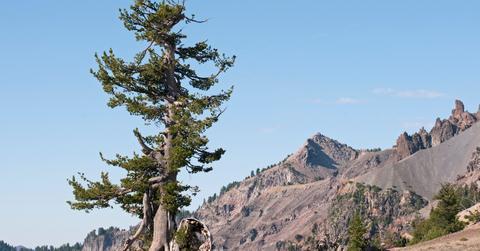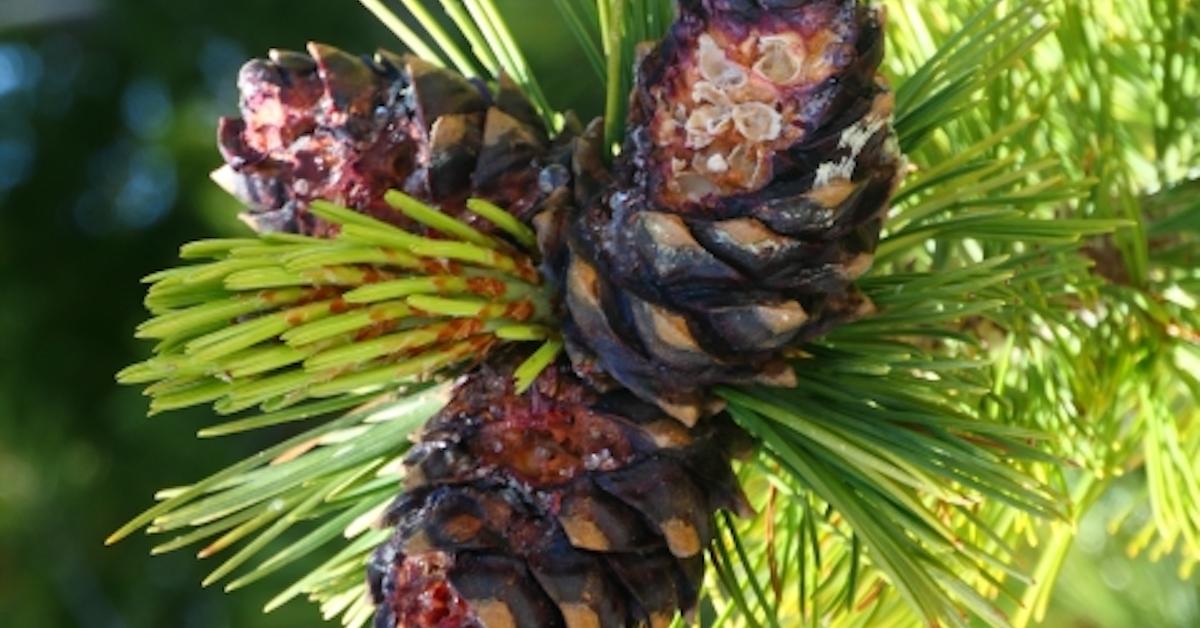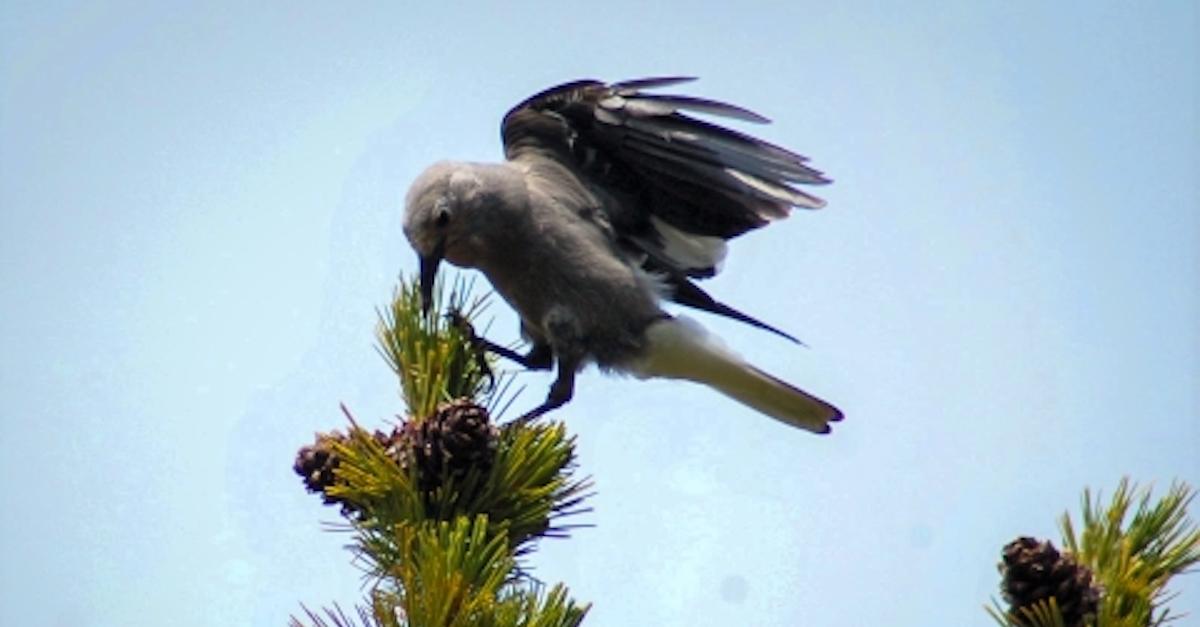Threats From Climate Change Lead to Federal Protection of the PNW's Iconic Whitebark Pine
Updated Dec. 16 2022, 12:18 p.m. ET

Native to the PNW is the iconic whitebark pine — it's one of many trees that thrive in the cold, damp weather throughout the west coast's mountain ranges. They provide food to grizzly bears and squirrels, and habitats for various mountain-dwelling birds. Unfortunately, though, climate change, wildfires, an invasive beetle, and a deadly fungus have posed a major risk to their populations. That's why it was recently granted federal protection by the Endangered Species Act (ESA).
“As a keystone species of the West, extending ESA protections to whitebark pine is critical to not only the tree itself, but also the numerous plants, animals, and watersheds that it supports,” Service Regional Director Matt Hogan stated in a press release. “The Service now looks forward to continuing engagement with the many whitebark pine conservation partners during the recovery planning process to ensure this species continues to endure for future generations.”
“We have the tools and capability to make populations more resilient to these threats," Diana Tomback, Whitebark Pine Ecosystem Foundation (WPEF) policy and outreach coordinator also stated. “One promising work in progress is the National Whitebark Pine Restoration Plan, a roadmap for restoration being developed collaboratively between the WPEF and American Forests, in consultation with the US Forest Service, the National Park Service, Bureau of Land Management, and several northwestern tribes.”
The whitebark pine was just listed as threatened.
The U.S. Fish and Wildlife Service has finally stepped to protect a beloved yet rare tree native to the Pacific Northwest, under the Endangered Species Act. That tree is known as the whitebark pine.
According to the USFWS' press release, the whitebark pine tree can be found across seven western U.S. states and Canada, in frigid, windy, and high-latitude or high-elevation environments. The tree is widely recognized for its twisted shape, which is why its often depicted in local art.
The tree also has a tight-knit relationship with the Clark's nutcracker, per Oregon Live, a grey bird that has symbiotically evolved with the tree. The bird spreads the tree's seeds, while the trees provide the birds with food. In the Cascades Range alone, the tree spreads across 7.2 million acres — about 88 percent of this land is federally managed by the U.S. Forest Service, the National Park Service and the Bureau of Land Management.
The tree has otherwise been unprotected, until now.
And while the whitebark pine was once much more widespread, the iconic species is considered rare these days, and if something wasn't done soon, they could have been considered "endangered," as opposed to threatened. But federally protecting the whitebark pine prevents anyone from removing or damaging the species on federal lands.
But what is wiping out the whitebark pine?
Why is the whitebark pine threatened?
The primary threat to the whitebark pine is blister rust, a non-native fungal disease that's wiping out the tree across the west coast, according to the press release.
The invasive mountain pine beetle is also a threat, along with wildfires, which have increased over the last several years, and climate change, which largely contributes to wildfires and invasive species as such.
Scientists predict that about 51 percent of whitebark pines are dead, which is why it's so important to protect the tree from going completely extinct. Hopefully these efforts will grant the whitebarks the protection they deserve.

